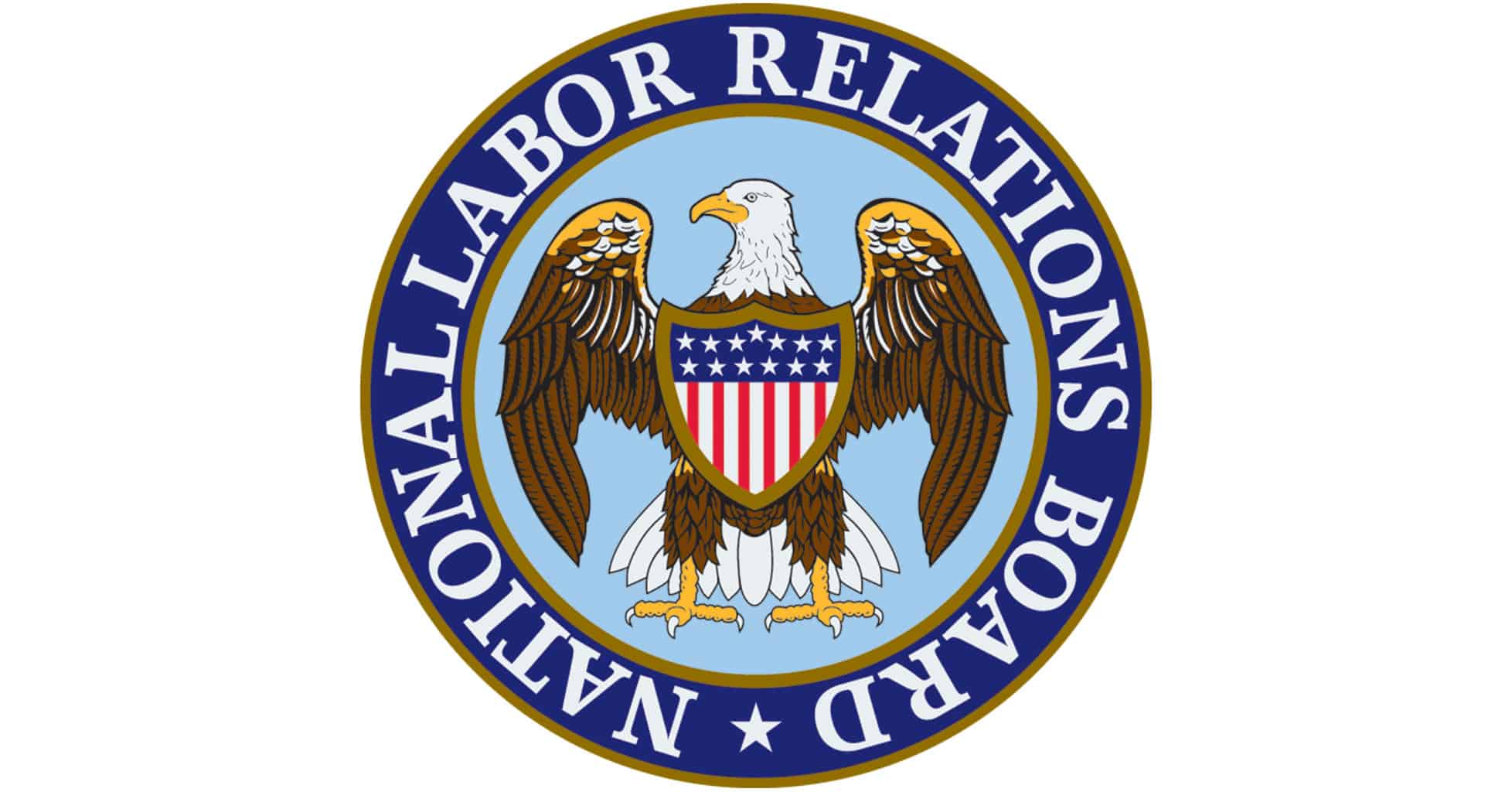National Labor Relations Board Recusal Ruse Continues

 Since a Republican majority was installed at the National Labor Relations Board (NLRB), labor unions and Democrats in Congress have lobbed baseless conflict of interest claims at members of the Board. This is a transparent effort to block the NLRB from issuing decisions that overturn Obama-era policies.
Since a Republican majority was installed at the National Labor Relations Board (NLRB), labor unions and Democrats in Congress have lobbed baseless conflict of interest claims at members of the Board. This is a transparent effort to block the NLRB from issuing decisions that overturn Obama-era policies.
The trouble started when the NLRB issued a decision in a case called Hy-Brand that overturned the job-killing joint employer standard established in Browning-Ferris. The NLRB Inspector General issued a report that called for Board member William Emanuel to recuse himself from participating in Hy-Brand. The report incorrectly concluded Board member Emanuel should have recused himself from participating in the case because he previously worked at Littler Mendelson, a law firm that represented a party involved in Browning-Ferris. Member Emanuel’s previous employment does not raise any conflict of interest problems because the Hy-Brand case involves different law firms, different companies, and different facts.
A recent Heritage Foundation legal memo concludes that “[the conflict of interest] standard employed by the NLRB Inspector General and Designated Agency Ethics Official…is inherently subjective, undefined, and retroactive, creating an untenable catch-22 for officials to whom it is applied.”
Yet, it looks like these bogus ethics accusations against NLRB members will continue. The latest salvo in the coordinated campaign to slow down the NLRB involves McDonald’s. Earlier in the year, an administrative law judge rejected a proposed settlement agreement between McDonald’s and the NLRB that would have resolved numerous unfair labor practice charges brought by the Service Employee International Union against McDonald’s franchisees and McDonald’s USA LLC as a joint employer.
On August 15, 2018, Bloomberg BNA reported:
Worker advocacy groups conducting the “Fight for $15″ campaign for higher wages and better working conditions requested Aug. 14 that National Labor Relations Board Chairman John Ring and Member William Emanuel sit out a case alleging that McDonald’s is a “joint employer” of its franchisees’ workers. The case also alleges that franchisees retaliated against workers who supported the campaign.
Fight for $15 argues that Chairman Ring and Member Emanuel should recuse themselves because they previously worked at law firms that both had “entered agreements to help McDonald’s counter the campaign” to unionize the company.
This call for recusal is also flawed. Roger King, attorney at the HR Policy Association, explains that the president’s ethics pledge requires appointees to recuse themselves for two reasons. One, “you cannot participate if you were personally involved” in a specific case. Two, you cannot participate if your former employer was involved in the case. King points out that neither Ring nor Emanuel were personally involved in the McDonald’s litigation and neither were their former employers.
The filing for recusal by the Fight for $15 is just the continuation of attempts to obstruct the NLRB from doing its job. Just because the current NLRB majority differs from the ideology of the Democratic senators and Big Labor doesn’t mean that its views on labor law policy are illegitimate. A Republican NLRB majority has as much authority to operate as a Democratic-controlled one.
Unions and Democrats attempting to slow down the NLRB need to realize “elections have consequences,” and at the end of the day, they lost.